From the INCB press release
The International Narcotics Control Board (INCB) has repeatedly expressed its concern over reports of grave human rights violations purportedly in furtherance of national drug control policies.
The Board reminds all States that the primary objective of the international drug control conventions is to safeguard the health and welfare of humankind, including respect for human rights.
INCB calls on States to adopt and pursue drug control policies that respect and protect human rights and that are consistent with international human rights instruments. Human rights are inherent and inalienable. The world drug problem cannot be lawfully addressed without ensuring the protection of human rights.
In addressing drug-related criminality, States must apply the principle of proportionality as a guiding principle in determining and applying criminal sanctions. The drug control conventions require governments to give special attention to the possibility of applying alternative measures to conviction, punishment and incarceration for drug-related offences, in appropriate cases of a minor nature, including education, rehabilitation or social reintegration, as well as, when the offender is affected by a drug disorder, treatment and aftercare.
Human Rights Day 2020 focuses on the need to build back better from the COVID-19 pandemic by ensuring that human rights are central to recovery efforts. The pandemic has affected patterns of drug use and drug trafficking, and also affected access to services for the treatment of people with drug use disorders. State parties to the drug control conventions are required to give special attention to and take all practicable measures for the prevention, treatment, rehabilitation and social reintegration of persons affected by drug use disorders. Such services should be accessible, evidence-based, free from discrimination and stigma and respect the human rights and dignity of clients.
Sustainable Development Goal 3 – to ensure healthy lives and promote well-being for all at all ages – entails, among other things, access to high-quality essential health-care services and access to safe, effective, high-quality and affordable essential medicines, including those medicines under international control, and strengthening the prevention and treatment of drug use disorders.
***
INCB is the independent, quasi-judicial body charged with promoting and monitoring Government compliance with the three international drug control conventions.
is the independent, quasi-judicial body charged with promoting and monitoring Government compliance with the three international drug control conventions.


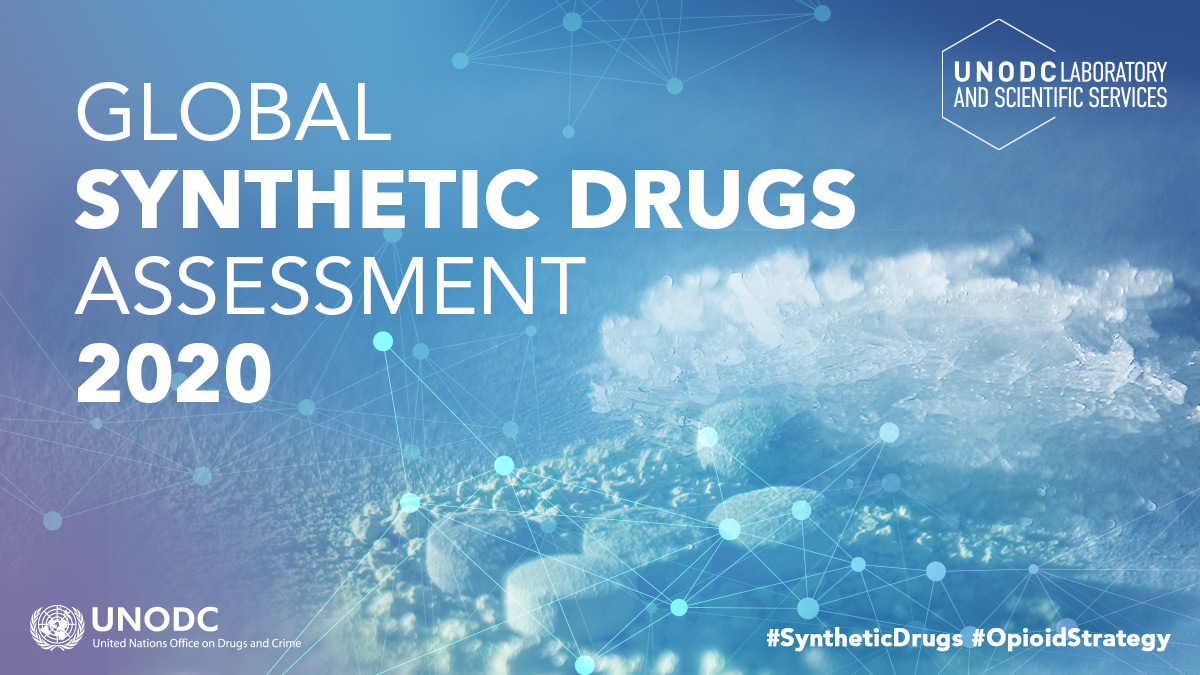

 To read the letter,
To read the letter, 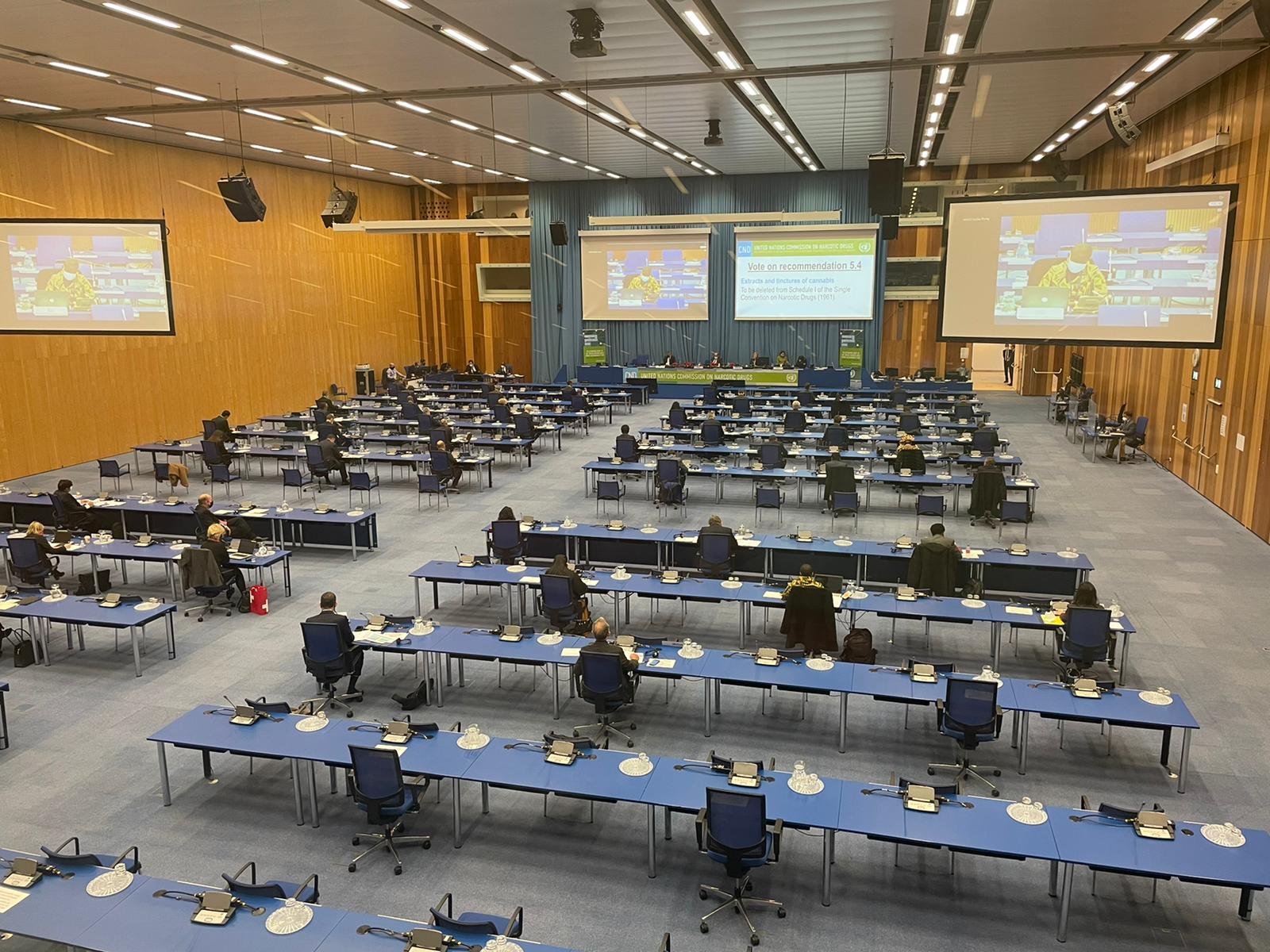

 The formal CND/UNODC statement about this decision is available
The formal CND/UNODC statement about this decision is available 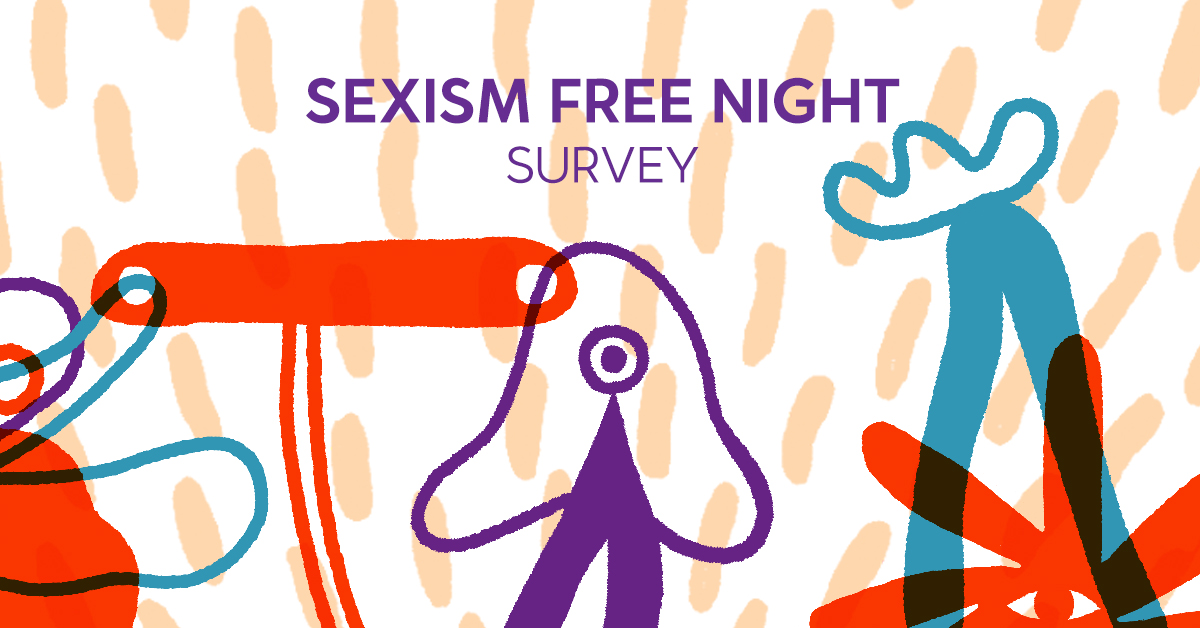

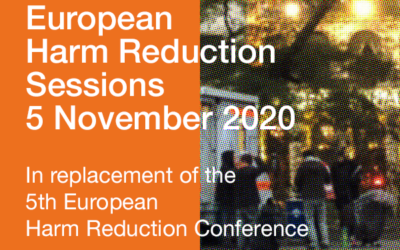
 What can we learn from the COVID-19 pandemic?
What can we learn from the COVID-19 pandemic? Special edition launch of the Harm Reduction Journal
Special edition launch of the Harm Reduction Journal Different approaches for decriminalisation – what works?
Different approaches for decriminalisation – what works? Engaging with policymakers and the public to promote ethical drug policy
Engaging with policymakers and the public to promote ethical drug policy

 The latest European School Survey Project on Alcohol and Other Drugs (
The latest European School Survey Project on Alcohol and Other Drugs (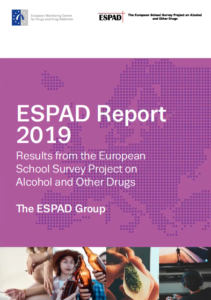 You can download the report and access all of the source data
You can download the report and access all of the source data 
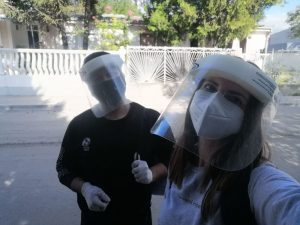 Material assistance for drug users, sex workers and their families
Material assistance for drug users, sex workers and their families